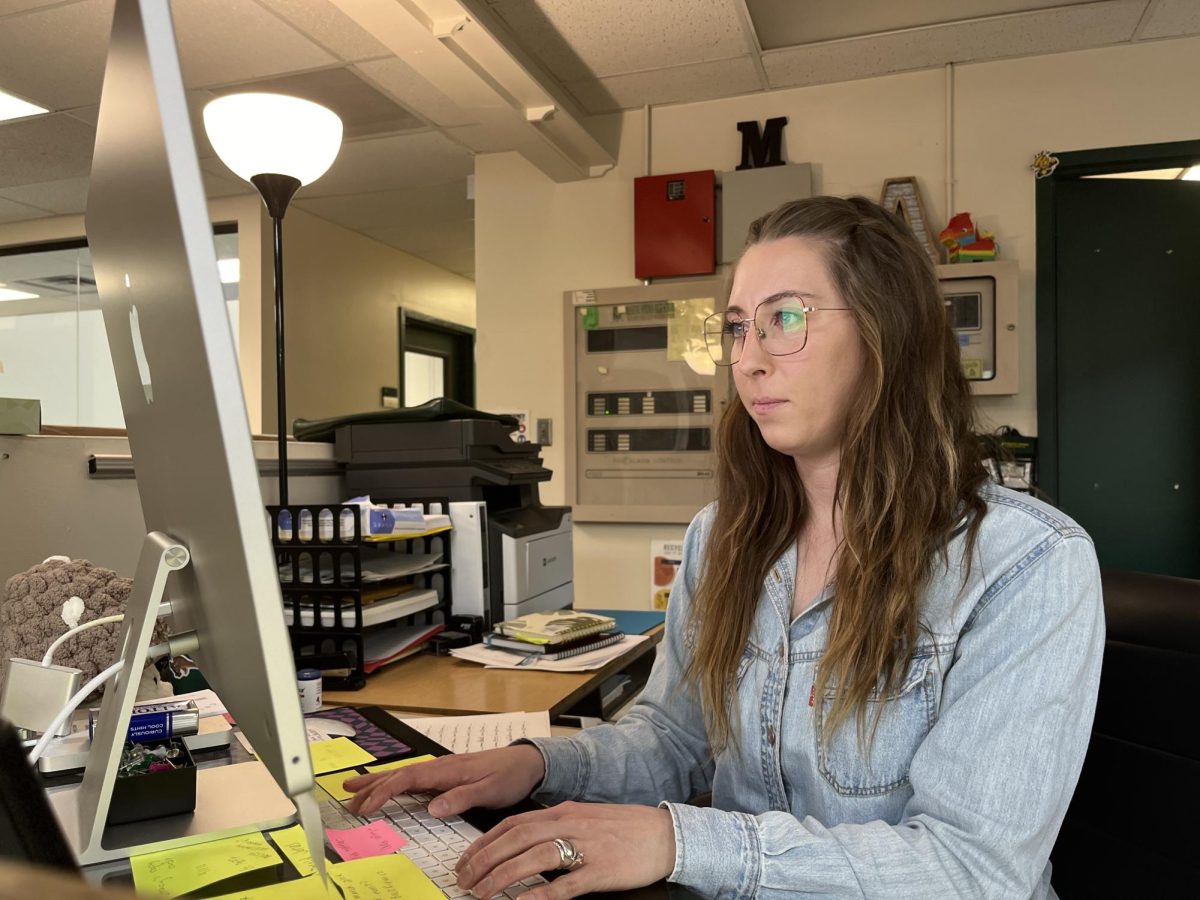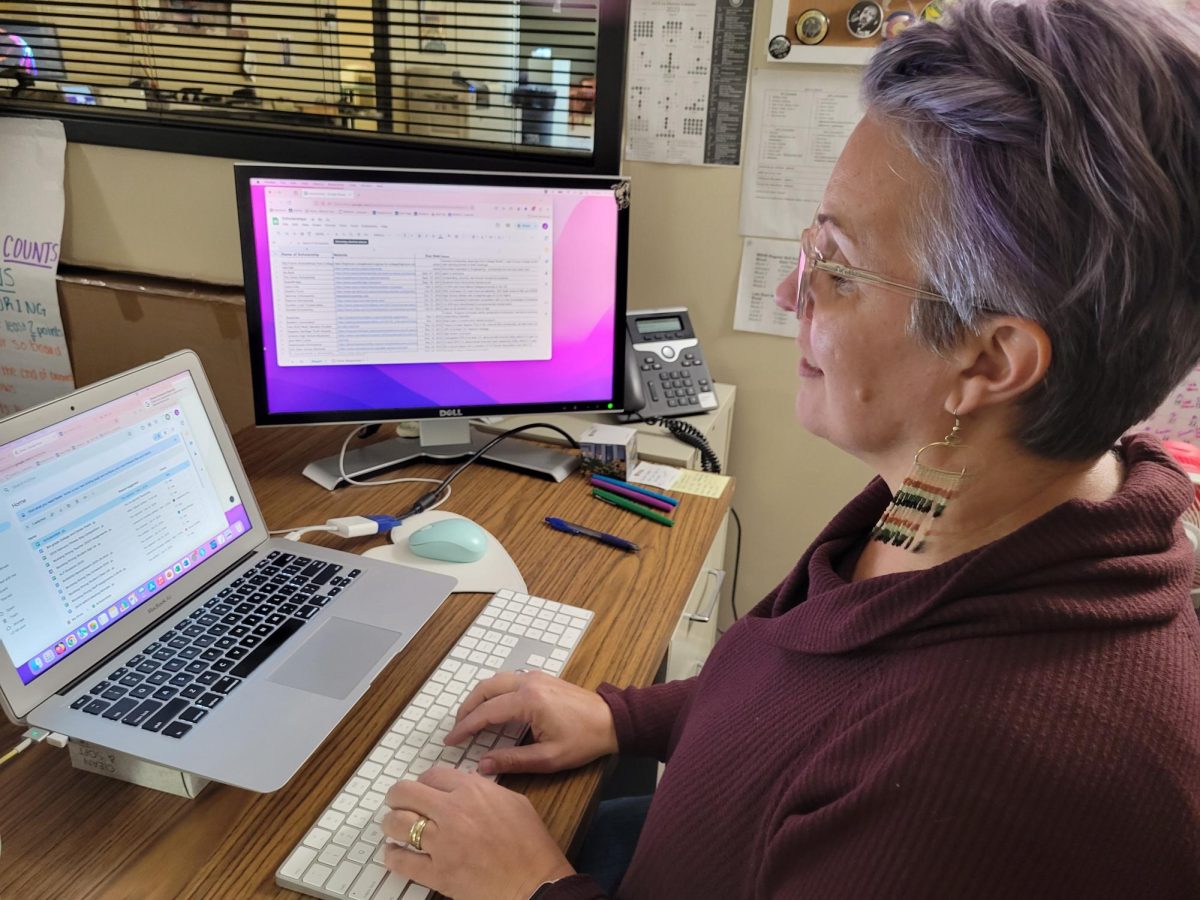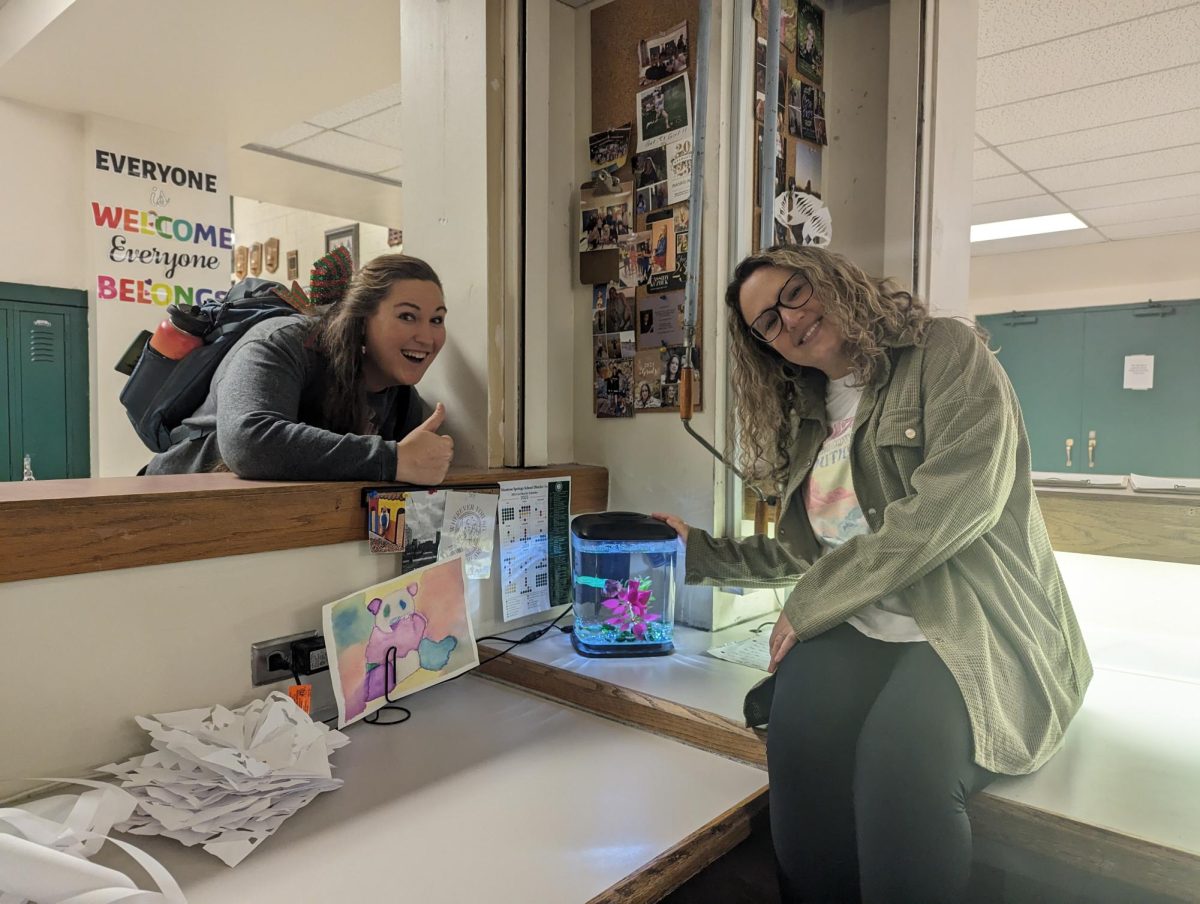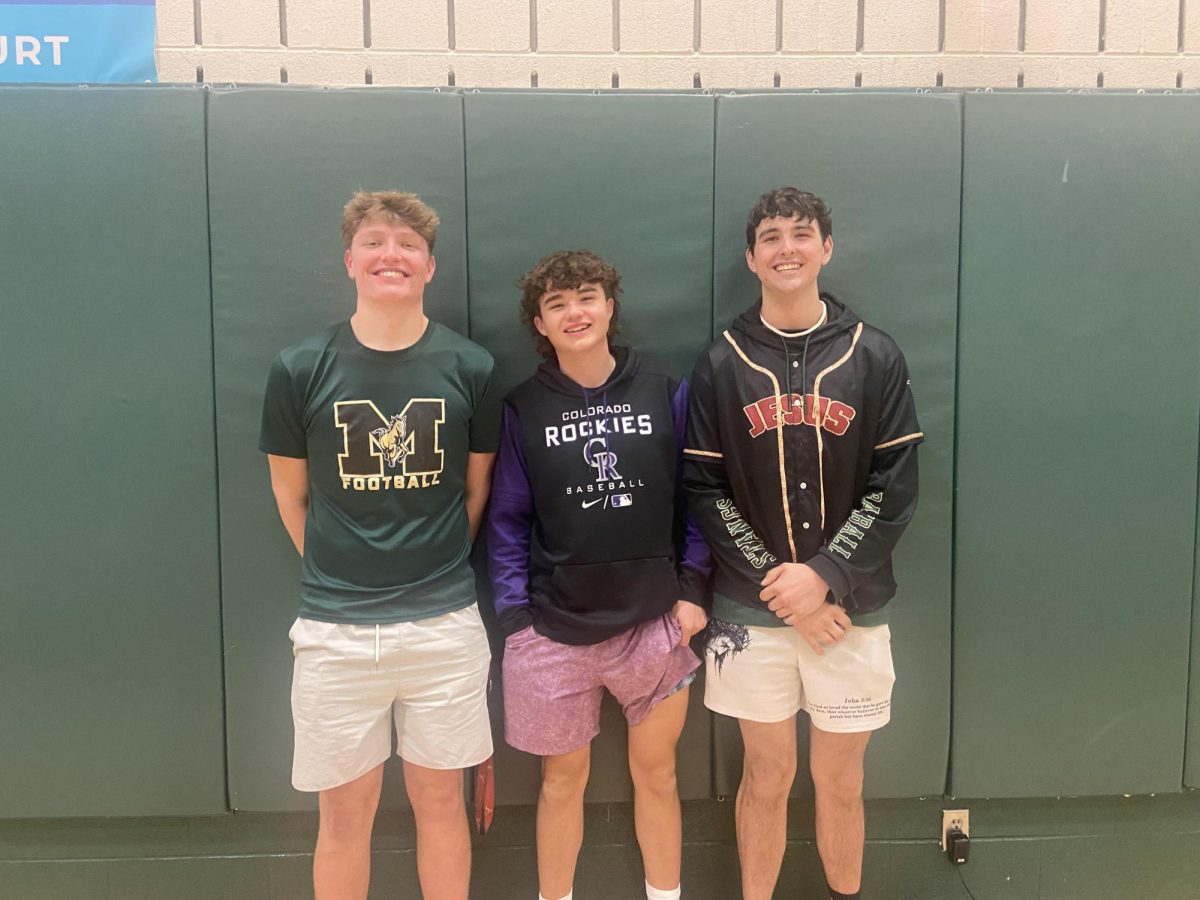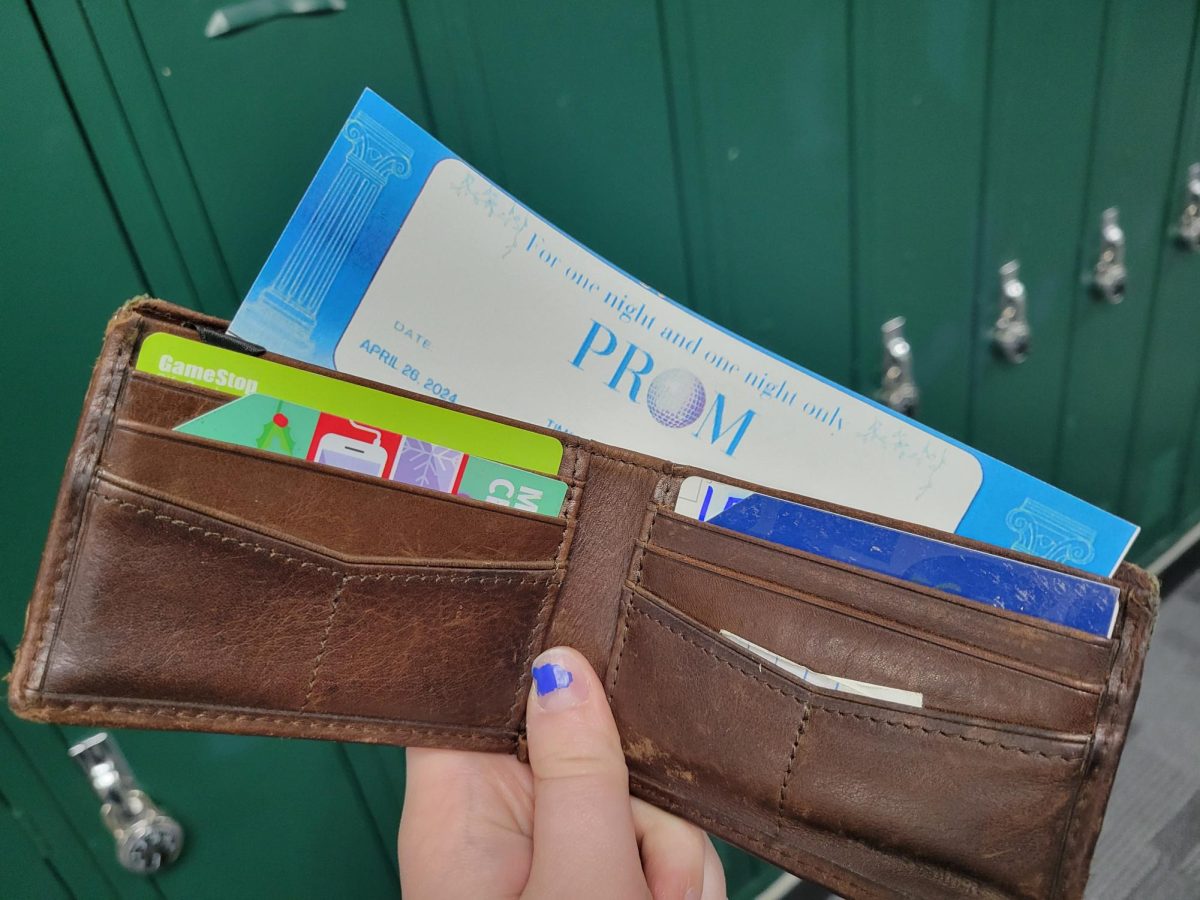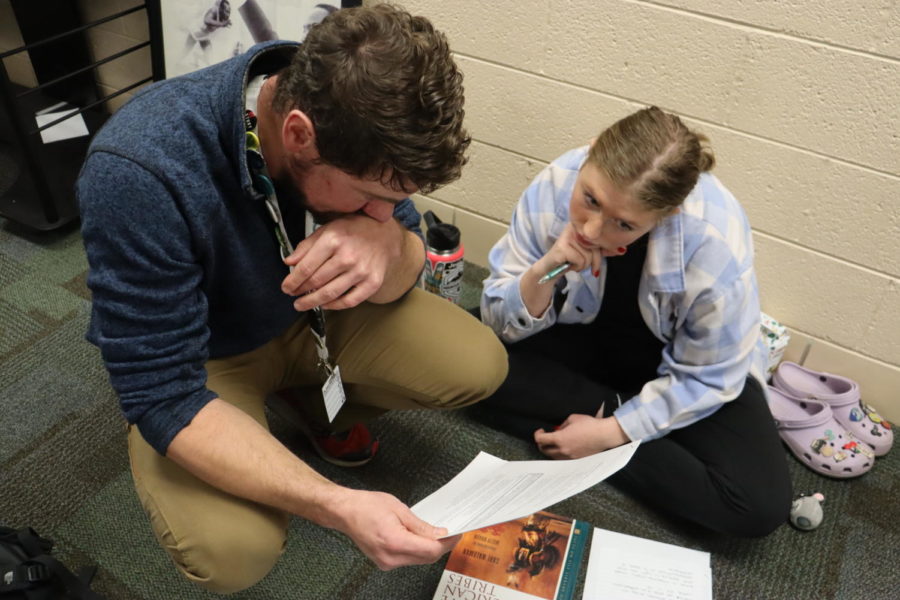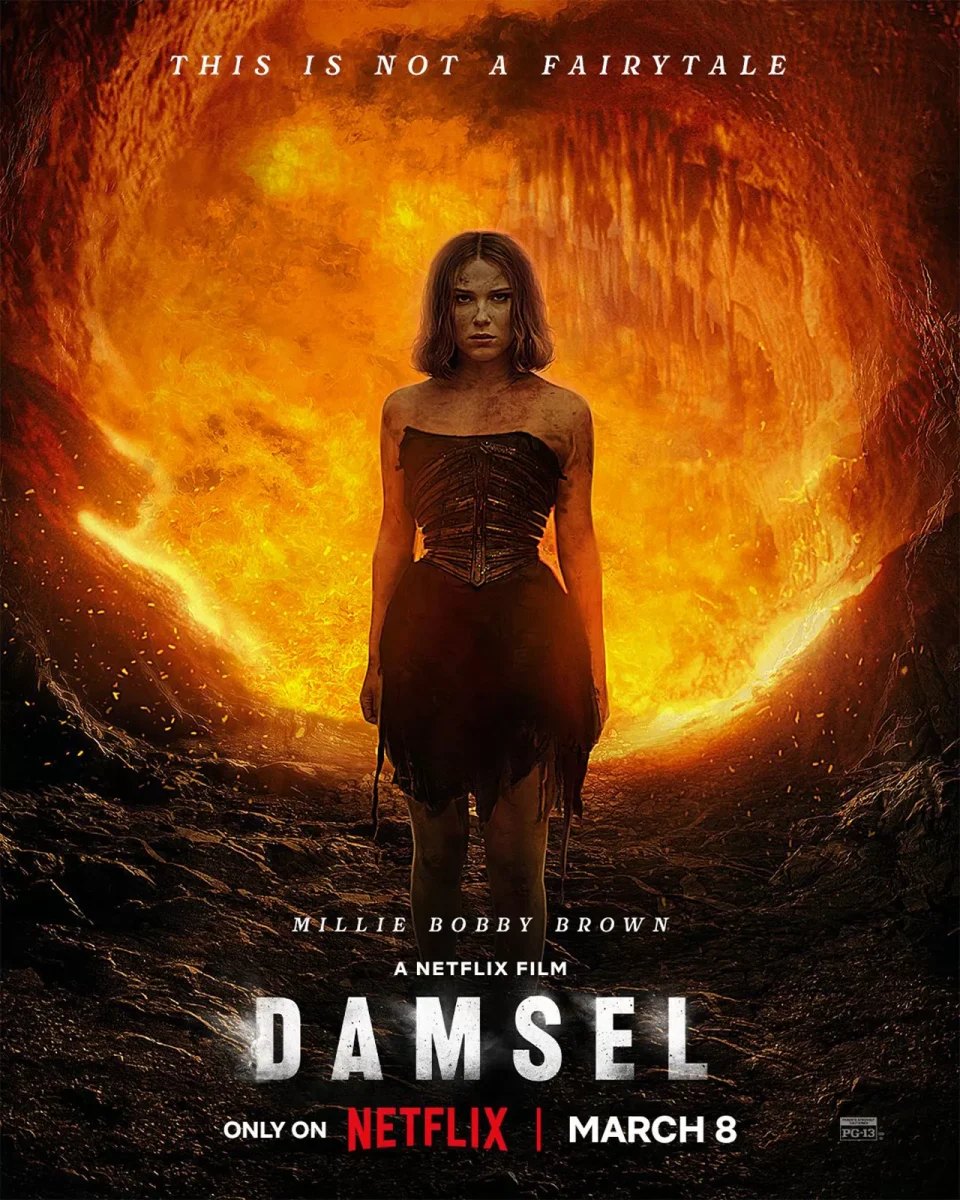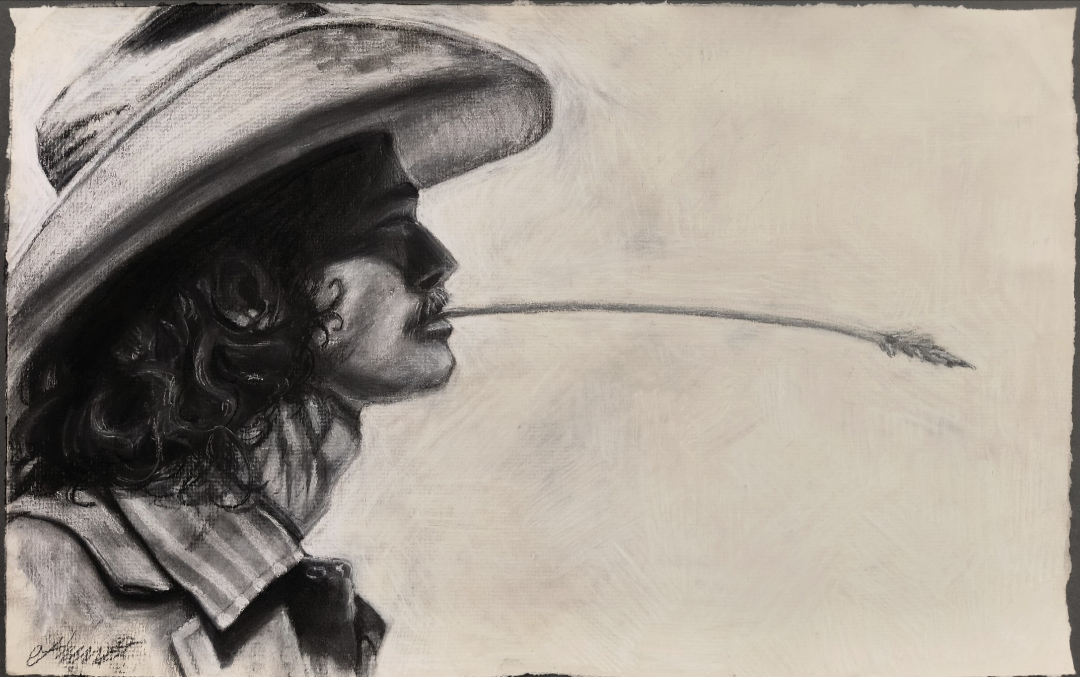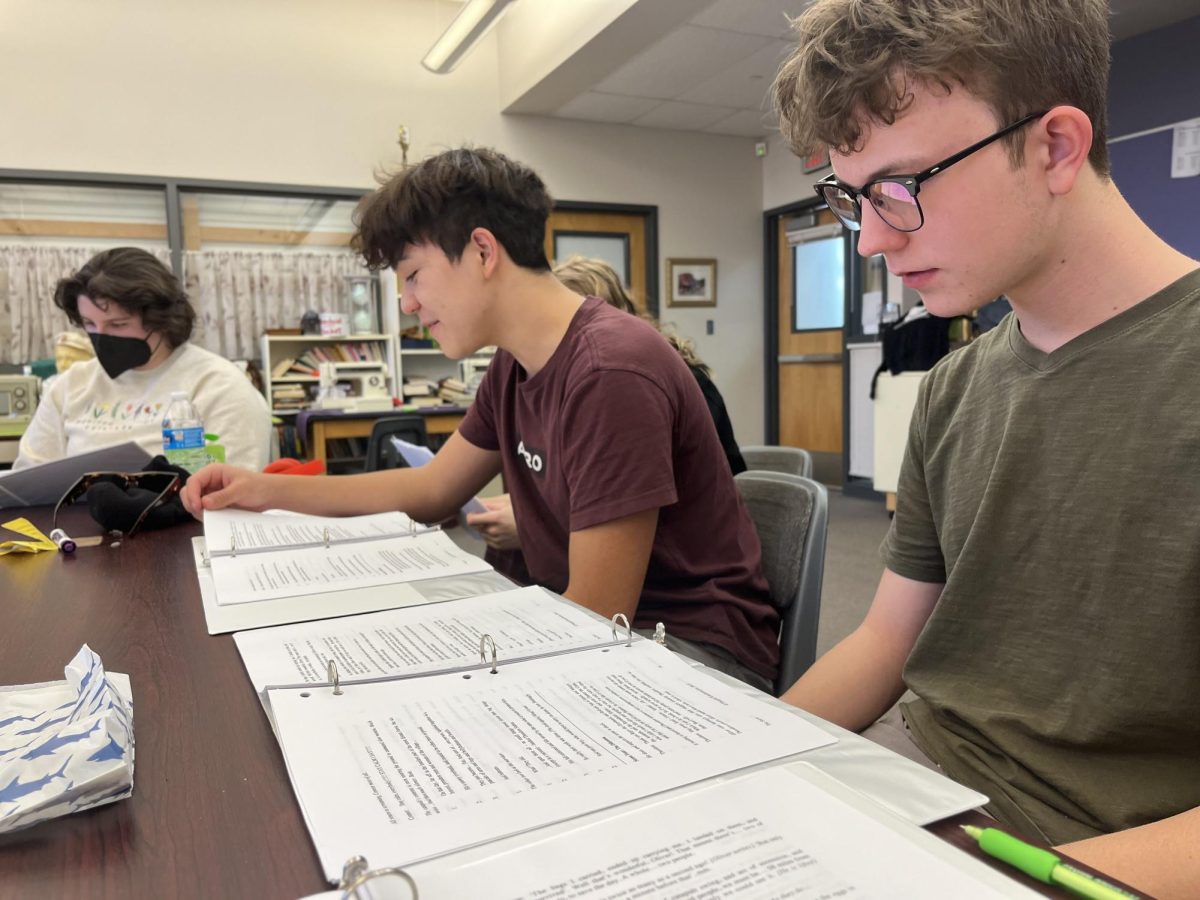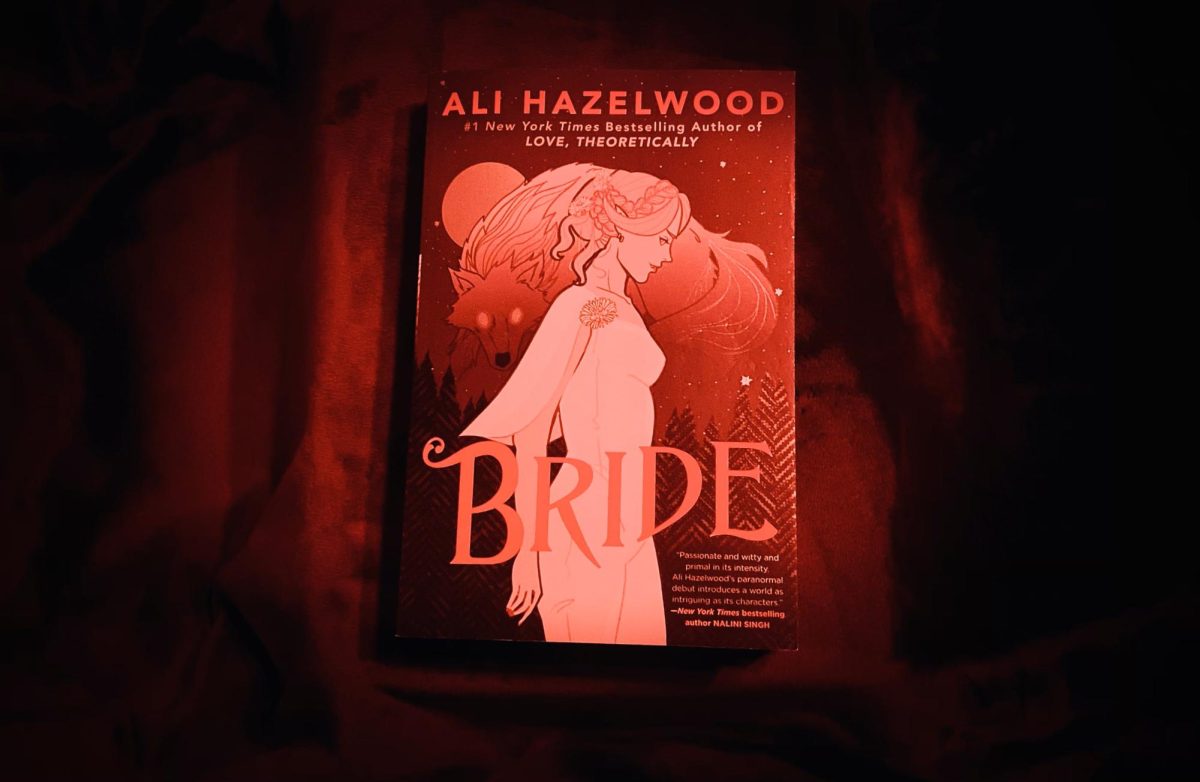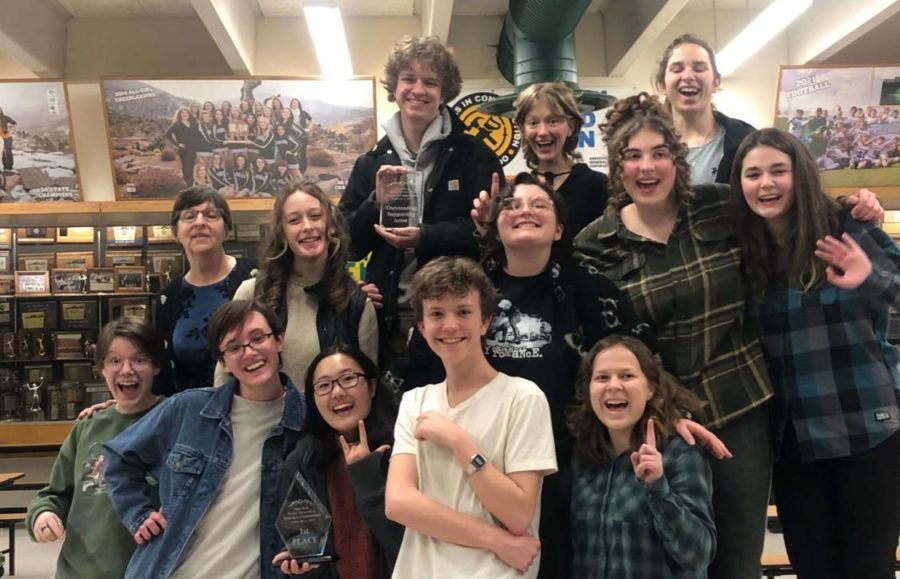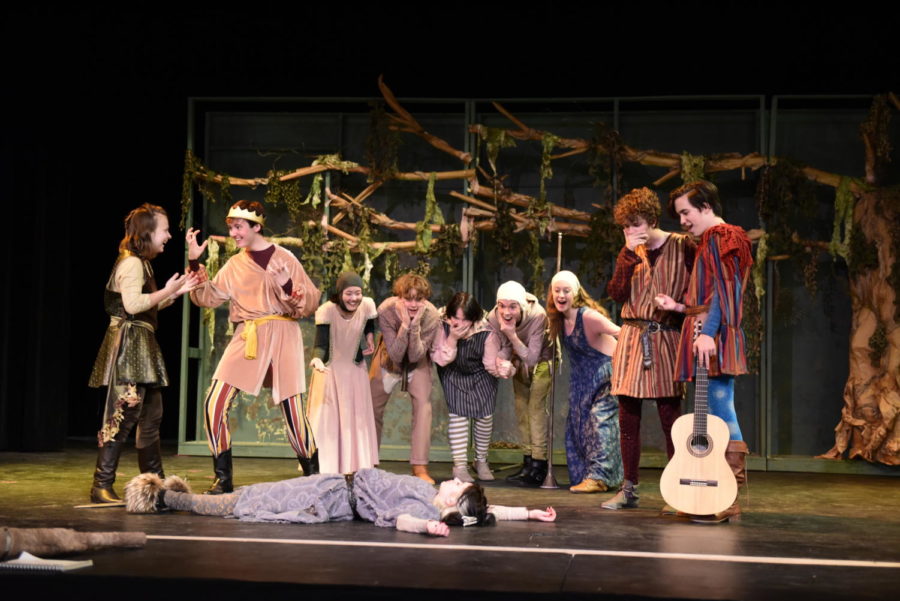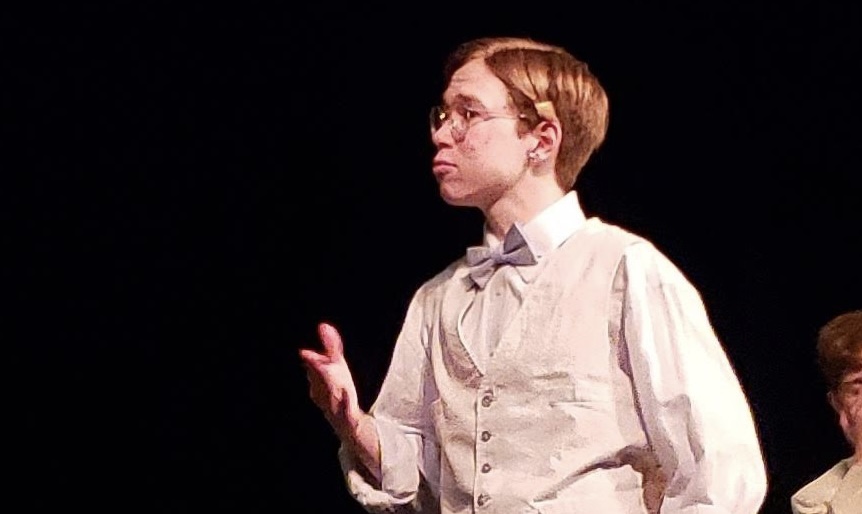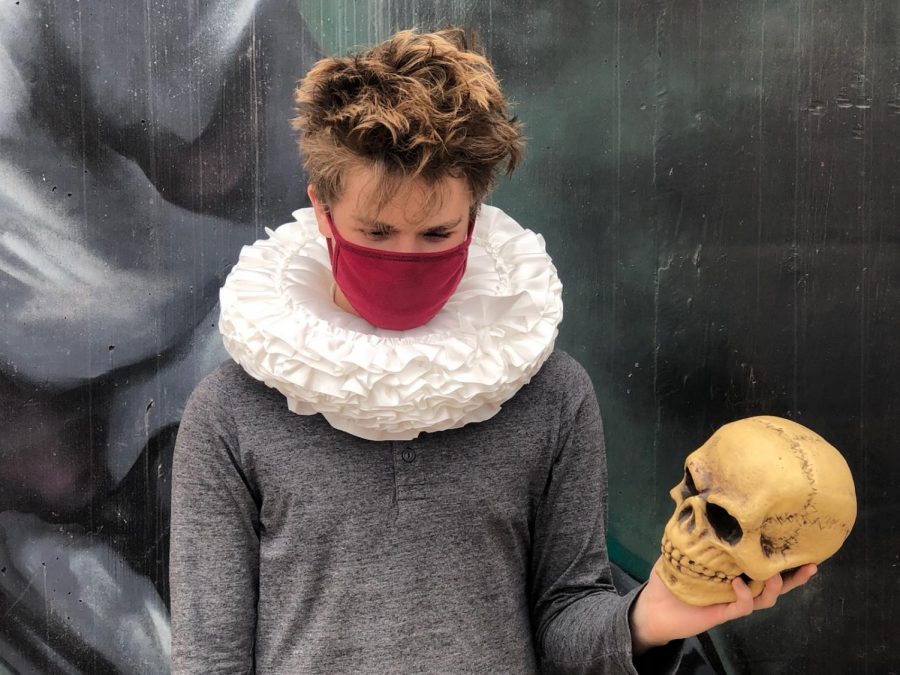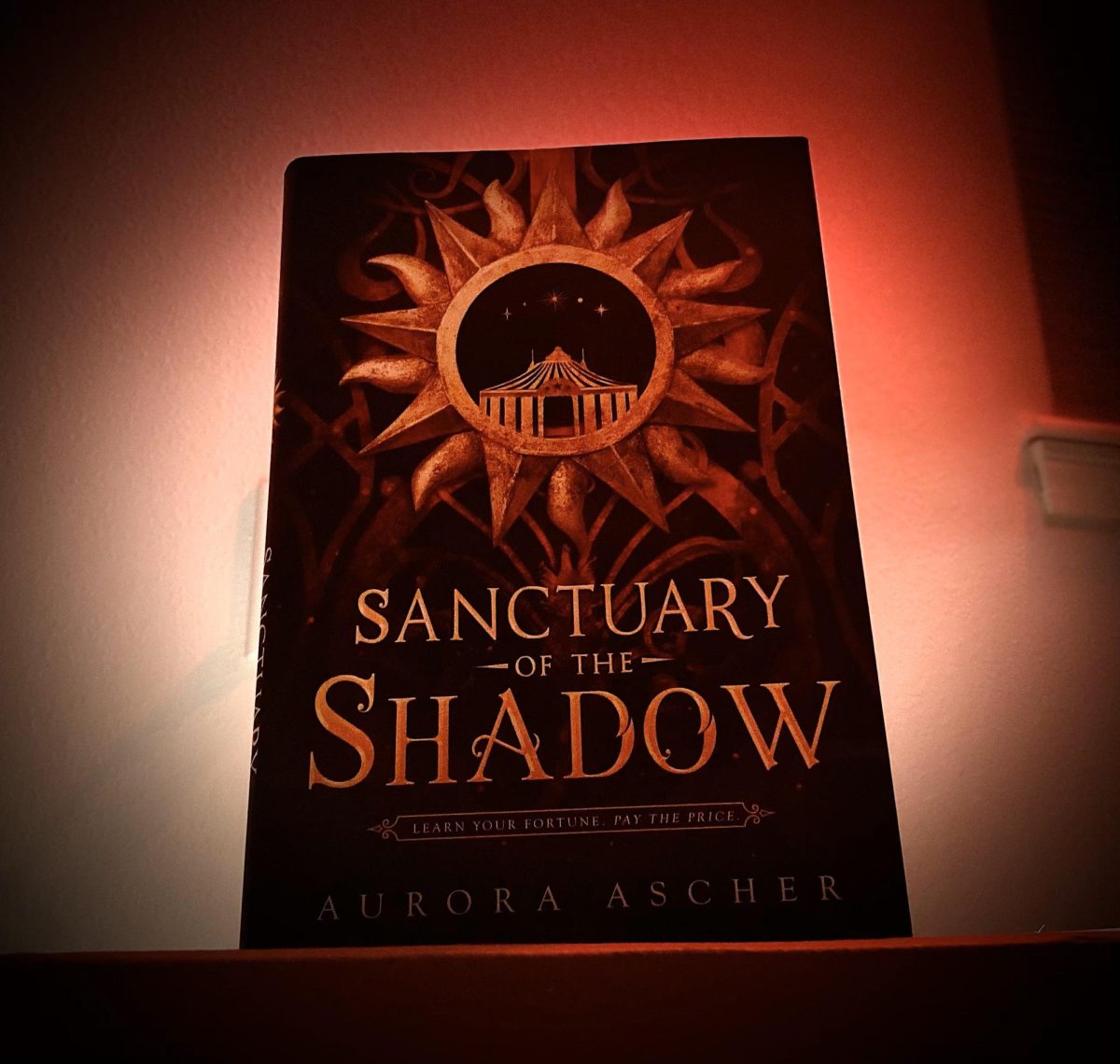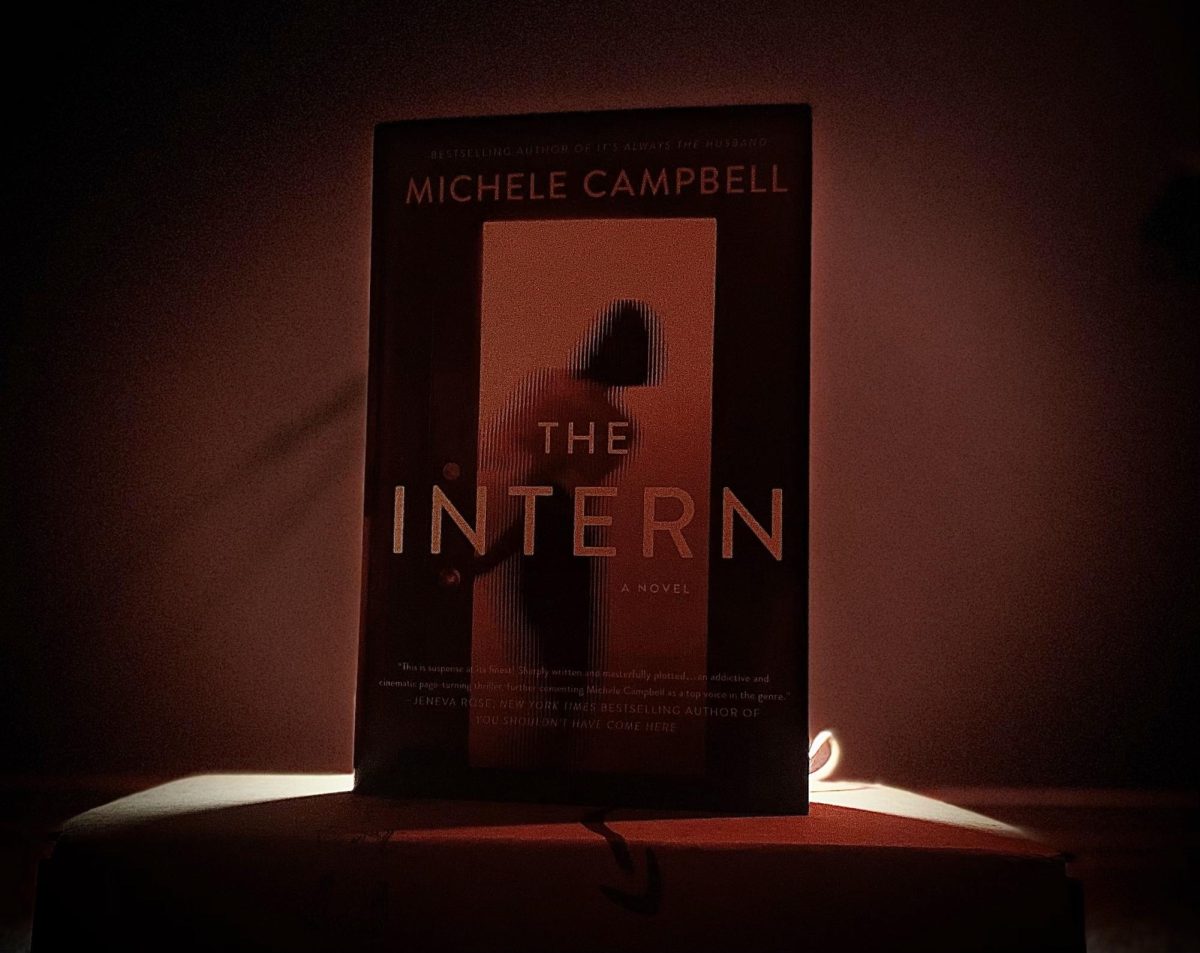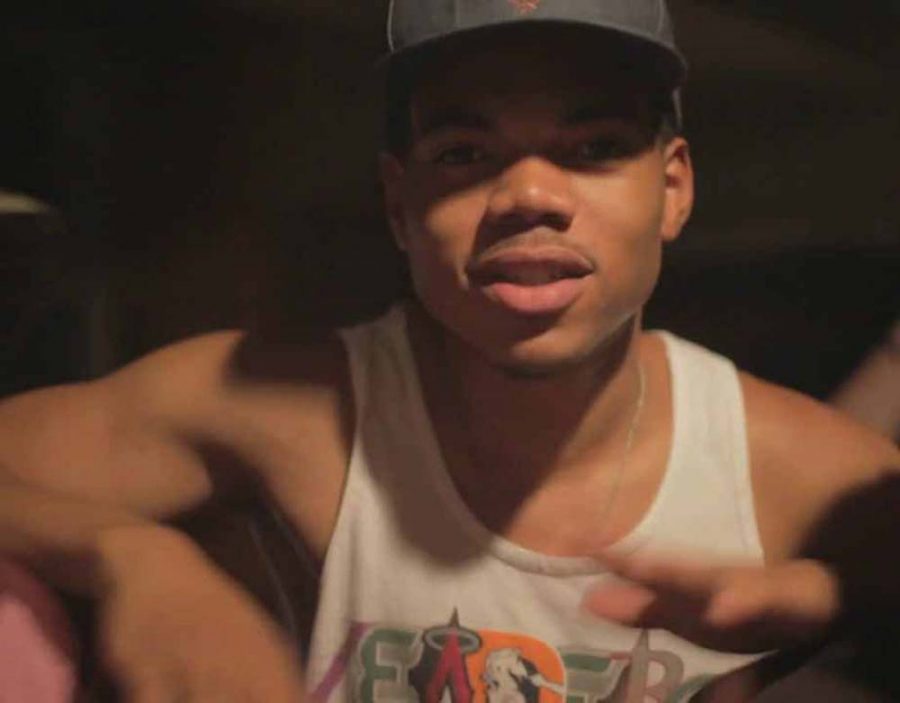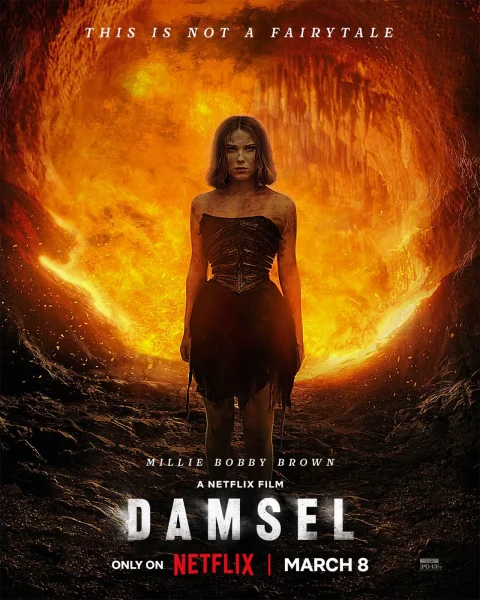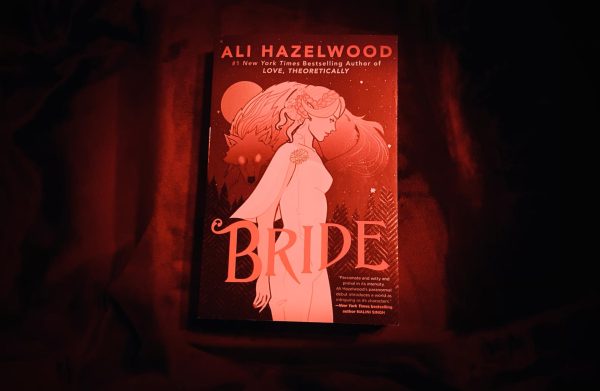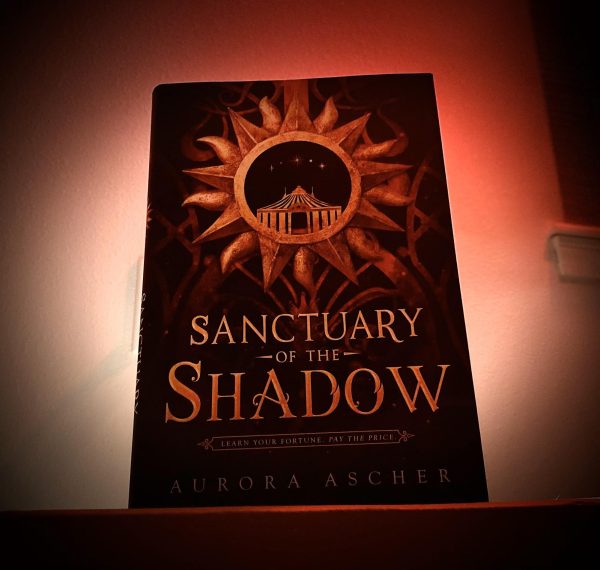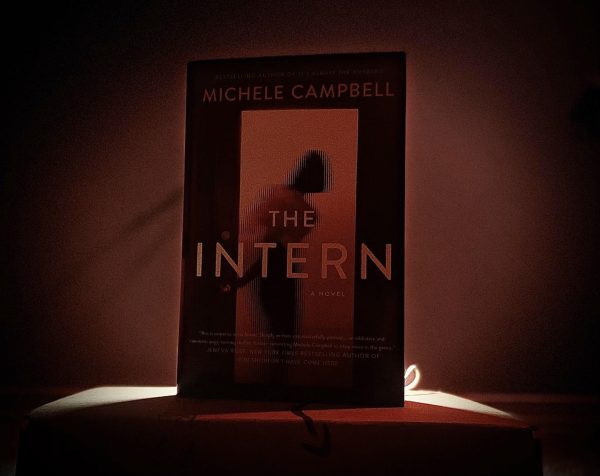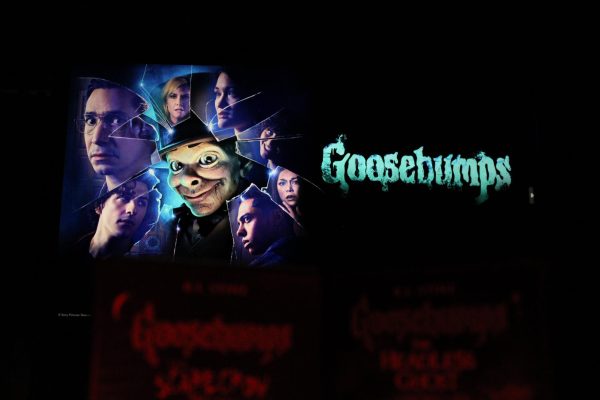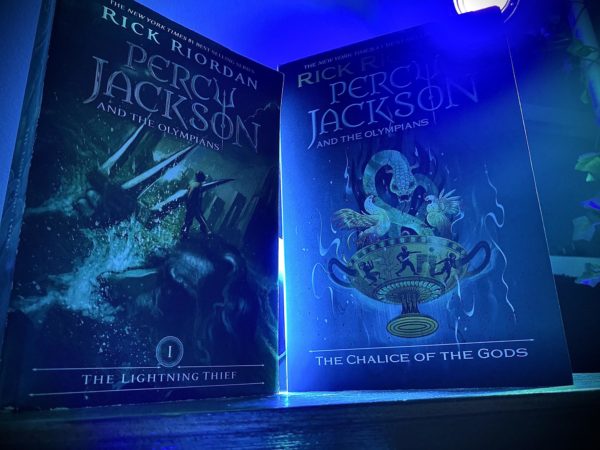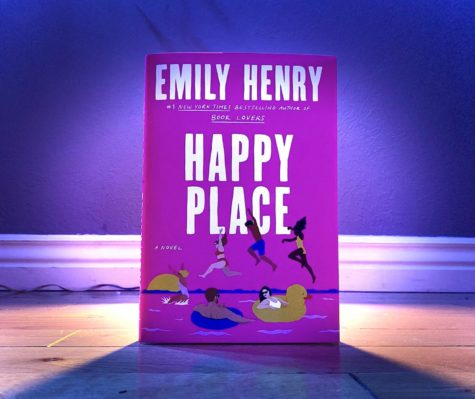Review: “Coloring Book” Discusses Struggles of the Rap Lifestyle
September 22, 2016
On May 12, the up-and-coming rapper Chancelor Bennett aka. Chance the Rapper released his mixtape entitled, “Coloring Book.” Events in Bennett’s life like the birth of his daughter, his engagement, him getting signed right out of high school, and others clearly influenced his music in a very authentic way. Featuring a variety of artists like the Chicago Children’s Choir, Kanye West and Justin Bieber, this album implicitly and occasionally directly discussed troubles that Bennett has faced in his life as a rapper. By addressing the lack of religious faith in the industry as well as the prominence of fatherless African Americans, as well as rappers that have lost custody of their children, “Coloring Book” took the political discussion that rap music is known for and turned it back on to the industry.
Bennett used snippets of Christian hymns, gospel-style instrumentals, and church choir vocals throughout the album in order to bring his faith into focus. Songs like “How Great,” “Blessings,” and “Finish Line/Drown” focus on Chance the Rapper’s religious struggles in both his professional and personal lives. Bennett brilliantly brings faith into this section of the industry in an unprecedented way. He also included sections of sermons and a cappella music in a unique way.
Over the course of the album, Bennett’s songs make listeners privy to previously undiscussed social matters. In “Summer Friends” and “Angels,” Bennett discussed the struggle that he and his peers faced when they were raised without their fathers as well as the motivational significance of his hometown, Chicago. He discusses his past and present romantic relationships in “Juke Jam” and “All We Got” with lyrics like “tryna turn my baby mama to my fiancé” and “man, my daughter couldn’t have a better mother.” “All Night” and “Same Drugs” are songs from the album with less serious undertones, as one refers to comical events transpiring after a house party and the other seems to be an intriguing and new view of the Peter Pan story. Other songs on the album talked about his musical influences and role models, his dislike for labels in general, and his taste in women.
Chance the Rapper has remained very humble throughout his career and that attribute of his is highlighted with self-effacing choruses and modest rhymes. Without embellishing his life and his story, as tends to happen in music and basic story-telling, Bennett addresses the opportunities that he has been blessed with and his own humble beginnings. He has also addressed the changes that he has tried to make in his community by saying, “cleaned up the streets so my daughter could have somewhere to play” and “I don’t make songs for free, I make them for freedom.”
Overall, this album is addressing problems commonly seen but not discussed in the rap world. Chance the Rapper longed to show his true background, struggles, and blessings. He was not afraid to discuss his opinion of God, religion, family, labels, and fake friends in this mixtape and that lack of fear lead to a very real and genuine outcome.

